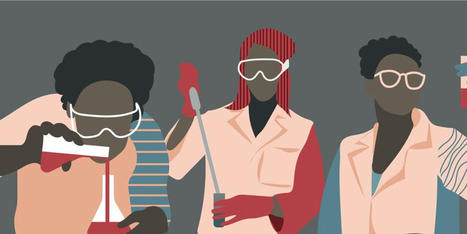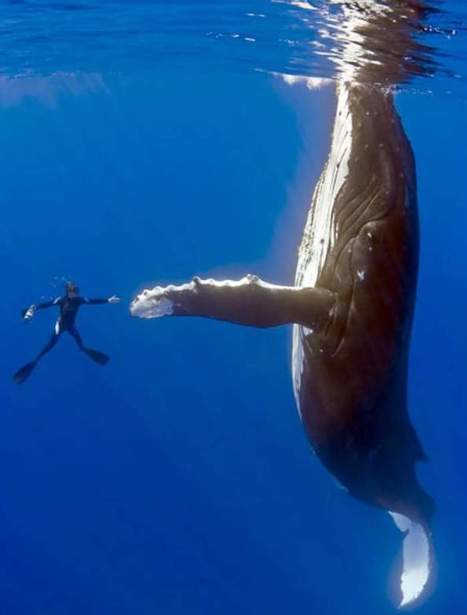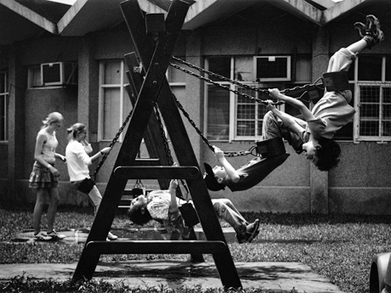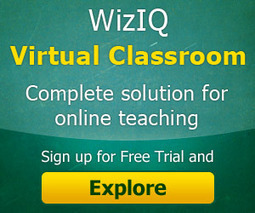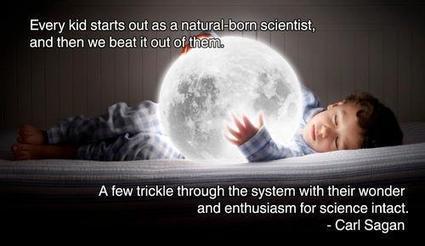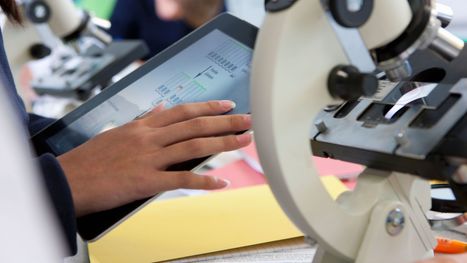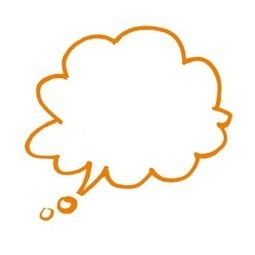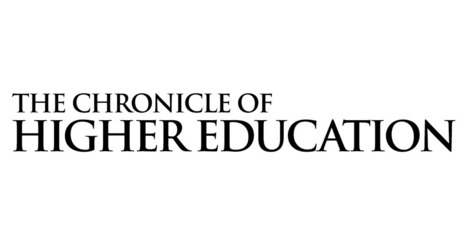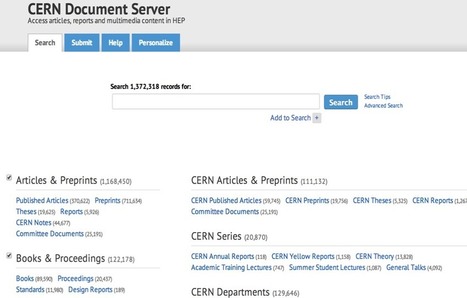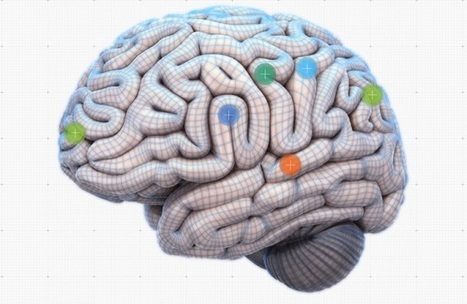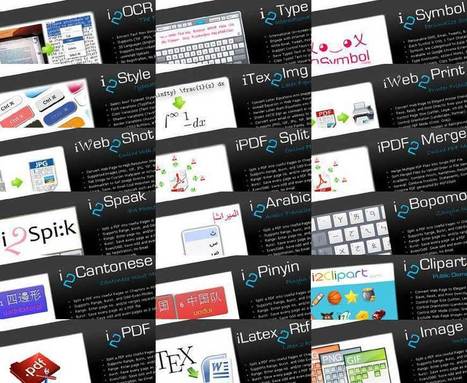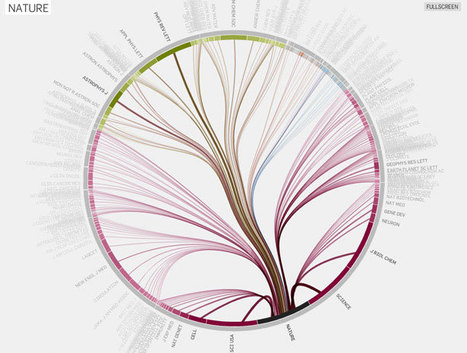There's a common misconception that science is inherently neutral and objective, absolving it of any responsibility for racist beliefs and practices. However, many of the scientific advancements we celebrate are rooted in racism and sexism.
Numerous medical cures and breakthroughs, including the polio vaccine and recent developments towards an HIV vaccine, required HeLa cells. Notably, these HeLa cells were stolen from Henrietta Lacks, a Black woman, without her consent in 1951. Furthermore, within the vast scope of science history, men have continuously taken credit for women's intellectual work in science, a pervasive phenomenon known as the Matilda Effect.



 Your new post is loading...
Your new post is loading...

